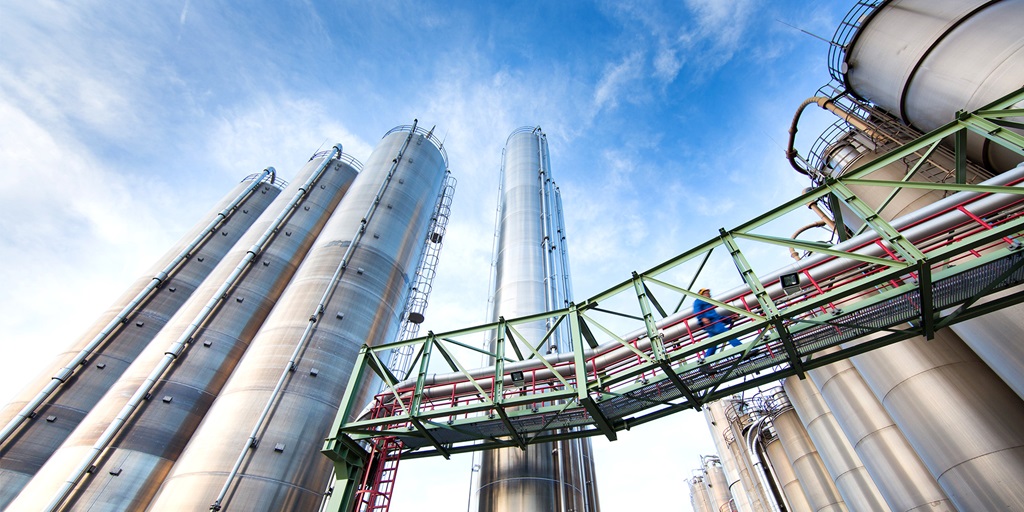
A Europe-wide project to investigate methods to convert carbon dioxide into plastics was launched last week at the polymer industry’s major trade show, the K Fair in Düsseldorf.
The project, called EnCO2re, currently involves a dozen research partners, including Imperial College London and Oxford University, in seven countries. The recent launch marks the point at which it is ready to work with industrial partners to scale-up processes that are currently only at laboratory scale.
There are three main routes for CO2-to-chemical conversion, and the EnCO2re programme has active projects in two of them – catalysis and electrochemistry – and it plans to add projects in a third route, biological conversion, during 2017. According to the programme partners, the CO2 reuse market has the potential to grow by more than 20 times current size, and could reach a total value of 3.7 billion tonnes per year: equivalent to around a 10th of global emissions.
Programme manager Ted Grozier acknowledges that plastics do not have the best image as environmentally friendly products. "While easy to point out the environmental problems of plastics, the reality is our society depends on these materials in critical sectors such as healthcare, insulation, and in making vehicles that are lighter and use less fuel. But we need to work out how to make these materials without using fossil fuels.” The EnCO2re programme, he added, aims not only to close the loop in the industrial carbon cycle and transform CO2 from a globally-hazardous waste product into a valuable feedstock, but also to make such technology a pillar of European industrial competitiveness.
The programme is led by Climate-KIC, an EU supported public-private partnership addressing climate change, and by polymer producer Covestro (formerly Bayer MaterialScience). Research partners include Chalmers University of Technology, the universities of Copenhagen, Oxford, Berlin, and Delft. "Through the EnCO2re programme, Climate-KIC is bringing together top research institutes with industrial partners," said Sira Saccani, director of Sustainable Production Systems at Climate-KIC. “Cooperation between research and industry is essential to commercialising breakthrough technologies, and CO2 re-use is no exception.”
In terms of technologies, the EnCO2re program is working along several fronts. These include ring-opening polymerisation; catalyst for direct polymerisation of gaseous carbon dioxide; and transition-metal intermediates. It is also looking at geographic case studies, carbon dioxide value chains, life-cycle assessments, and issues of public perception and technology acceptance. While some technical concepts are only at proof-of-concept stage, others are nearer commercial readiness.
The programme demonstrates industry's determination to be part of the solution to environmental problems, not just cause of them, claimed Christoph Sievering, head of Energy Strategy and Policy at Covestro. “Cooperation between industry and science, in addition to active dialogue with society and policymakers, is essential to commercialising breakthrough technologies,” he said. "Through CO2 re-use and other innovations, it’s clear that industry can and will be part of the solution to climate change.”




April 1886: the Brunkebergs tunnel
First ever example of a ground source heat pump?